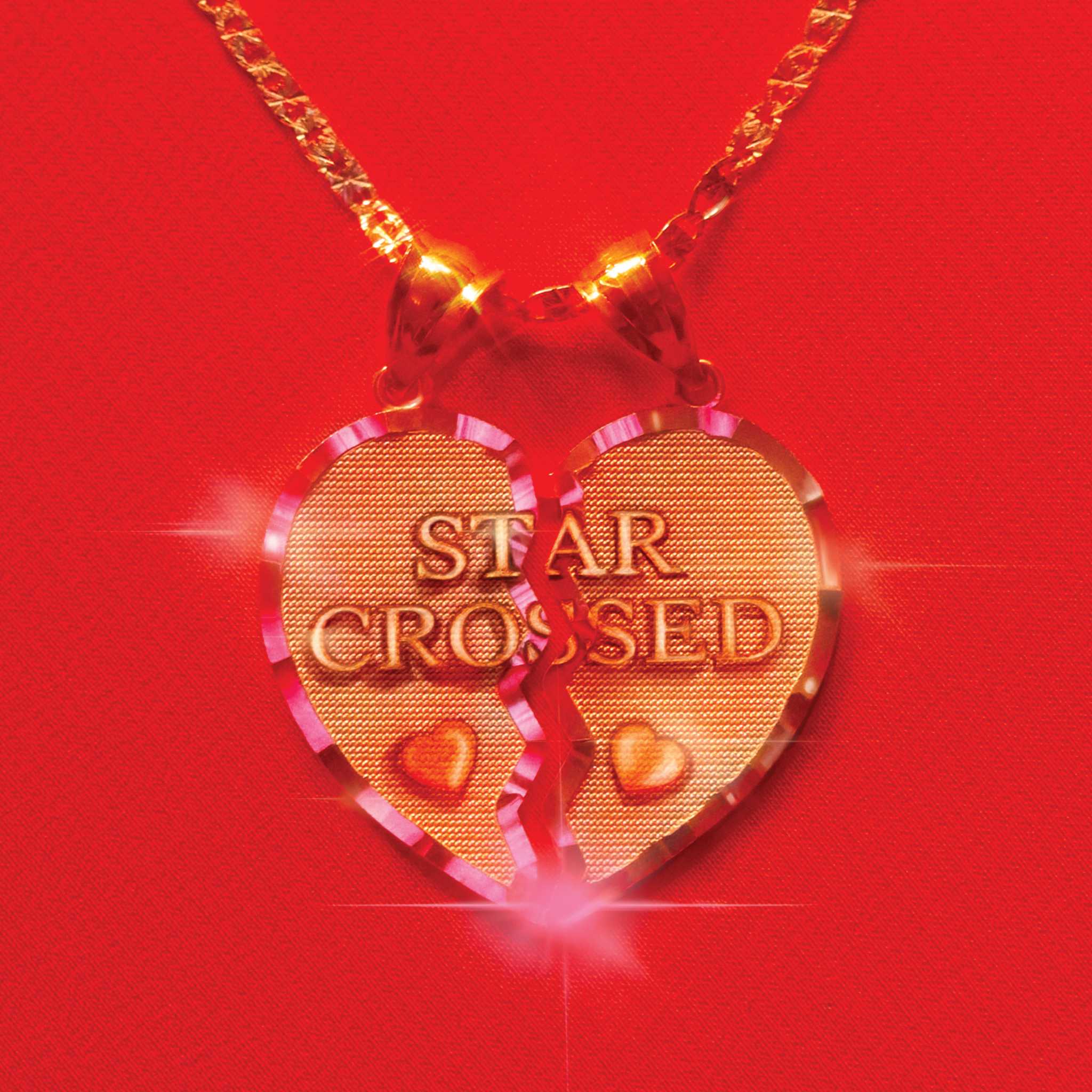The Texan’s fourth record sees the logical and expected departure from her core Country sound yet doesn’t reach the high bar set by 2018’s Golden Hour.
Kacey Musgraves was on top of the world. The small-town Texas native had somewhat of a “Slow Burn” to the music industry’s big leagues – her widely acclaimed debut album Same Trailer, Different Park, released in 2013, picked up two Grammy Awards and a Country radio hit with “Merry Go Round.” She slipped commercially as she soft-blacklisted from the format for embracing more liberal themes with the follow-up single, “Follow Your Arrow,” her following two projects – 2015’s Pageant Material and 2016’s A Very Kacey Christmas – landed much quieter and with far less radio support. Enter Golden Hour, the genre-warping career-defining album which introduced her to the Pop music sphere and added another four Grammy Awards to her belt, including the coveted Album Of The Year. As she accepted the award that night, it seemed like a fairytale: she had ascended to the highest peak of the music industry, with her loving husband – the one who had inspired the record – looking on from the audience.
Then, as it too often does, shit hit the fan. Just two years after getting married, Musgraves and fellow Country singer Ruston Kelly called it quits. For fans and the wider public, the news was devastating. What could cause the marriage that inspired such a captivating romance album to crumble so unexpectedly? Could love even exist without the light of ‘Golden Hour?’ Star-Crossed seeks to complete that narrative by detailing the inner workings of her dissolved marriage to the life she now lives outside of it, with another sonic reinvention.
Describing the album to Apple Music’s Zane Lowe, Musgraves remarked that she was striving for a cinematic sound and flow for the record, easily verifiable given the straightforward narrative laid out in the tracklisting. Inspired by the art form of tragedy, the album’s cinematic roots run deep from its origins in Greek theatre. From the opening line, “let me set the scene,” Musgraves is committed to her inspirations and thrusts the listener into her world. Her tragedy, like those before it unfolds in three clear-cut acts: a marriage on the rocks, heartbreak, and recovery. These more significant conceptualizations are perhaps the album’s greatest strength, providing deceptive amounts of depth to her songwriting.
Given the synthpop gleam of “High Horse” and recent collaborations with acts like Troye Sivan, Star-Crossed’s electronic and pop-leaning sound was foreseeable. However, Musgraves is still a musical moderate, only doubling in on that sound on a handful of tracks, such as “good wife,” “there is a light,” and the title track. That ideology was a crucial player in the crossover success of ‘Golden Hour’ and will undoubtedly play to her advantage here. While her core sound has changed once more, her lyrical style remains remarkably consistent, never writing prose that sounds wrought with thesaurus entries, but sticking to astute observations and ornamenting with shrewd wordplay. Her attention to detail remains sharp; the video game power-up sounds encompassing the lyrics “Wish that I could put this game on pause / Skip this round, take the headset off” is a great touch. By and large, the features that have Musgraves a consistently lauded act remain strong here.
But Star-Crossed does have more than its fair share of sins, however, and in surprising places. The auto-tune and audio mastering of “good-wife” is nothing short of atrocious, a spectacular setback on Track 2. The tracklisting is a much larger issue, a surprising fate given the breathtaking flow of ‘Golden Hour,’ which was seamlessly divided between its A and B sections. Where the opening track perfectly sets the tone, the momentum gets squandered by the aforementioned “good wife” before recovering footing on “cherry-blossom.” The choice to close the album with Mercedes Sosa’s “gracias a la vida” following the psychedelic banger “there is a light” leaves it hanging on like a bonus track as the credits roll. The cover could have worked in the middle section had it been given the room to breathe, but it is nothing short of jarring here. On a minor but worthwhile note, the lyrical callbacks to ‘Golden Hour’ on “simple times” and “what doesn’t kill me” feel trite and mandatory.
While the album stands well enough on its own, it certainly stands better when evaluating the project as a whole: it’s more of a soundtrack to its accompanying hour-long film. But, regardless of its shortcomings, it’s a welcome addition to Musgraves’ discography and to pop releases this year.





